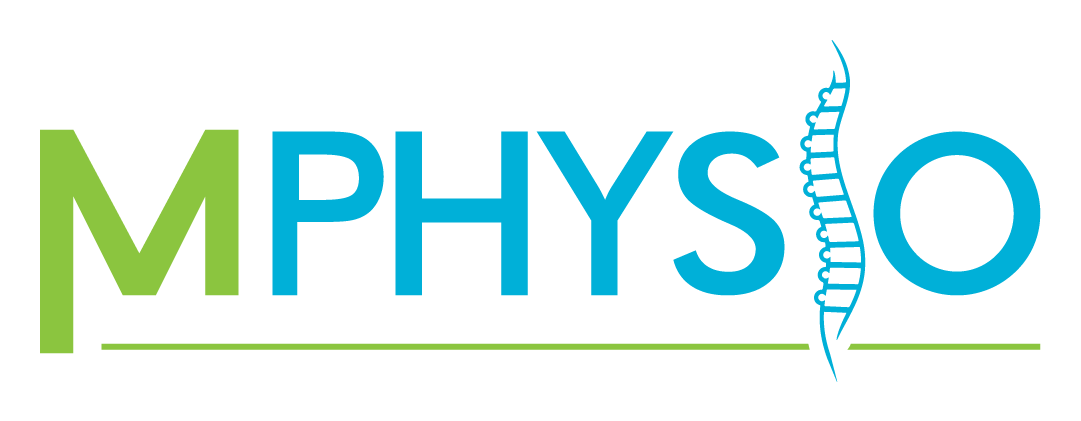What is Sports Physiotherapy?
Sports physio is a dedicated type of service to help assist our clients getting back to peak performance and enjoying their sport in the shortest amount of time.
This service entails a comprehensive assessment of injuries obtained while playing sport, coupled with appropriate rehabilitation. Our sports physiotherapy team can provide you with physiotherapy, dry needling, specific sports injury management, exercise rehabilitation, as well as attending our sports and rehab gymnasium.
Will I Benefit From Sports Physio?
If you enjoy participating in any form of sport, whether you are new to a particular sport or a professional athlete, a rugby union player or a casual golfer, our sports physio team can enhance your sporting performance, and reduce the risk of sports injuries.
We understand your body may be pushed to the limits during sporting events. That’s why it’s a great idea for athletes and sports teams to have a physio by their side. This ensures that bodies are performing at their optimal levels.
Engaging a sports physio, especially when you don’t have an injury, is particularly important in order to prevent recurring injuries or possible future injuries. Our team is familiar with a wide range of sports and specific injuries that can commonly result from each of them (eg. tennis elbow or shin splints for runners).
Our sports physiotherapists can perform a full body assessment to analyse whether your body has any limiting factors that may limit your performance or put you at risk of common sports injuries and target those areas before an injury occurs.
What Is Included In Sports Physio?
Here is how our services can help you minimise injury risk or assist with the management of your sporting injuries and get you back on track.
- Your own sports physio
- Full body assessment
- Identify your limiting factors
- Target your limiting factors
- Manual therapy
- Matwork pilates
- Reformer pilates
- Exercise plan
- Gymnasium
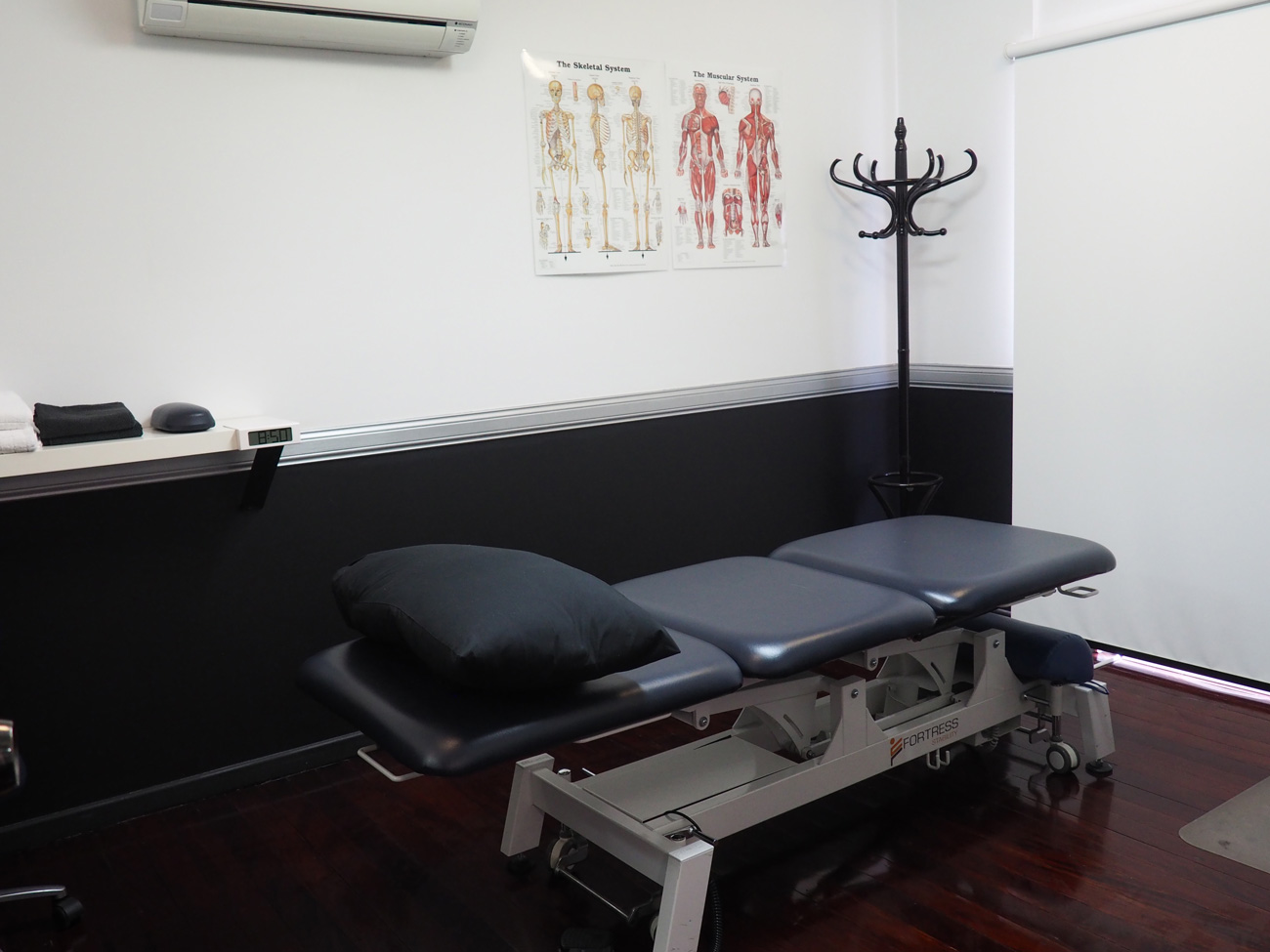
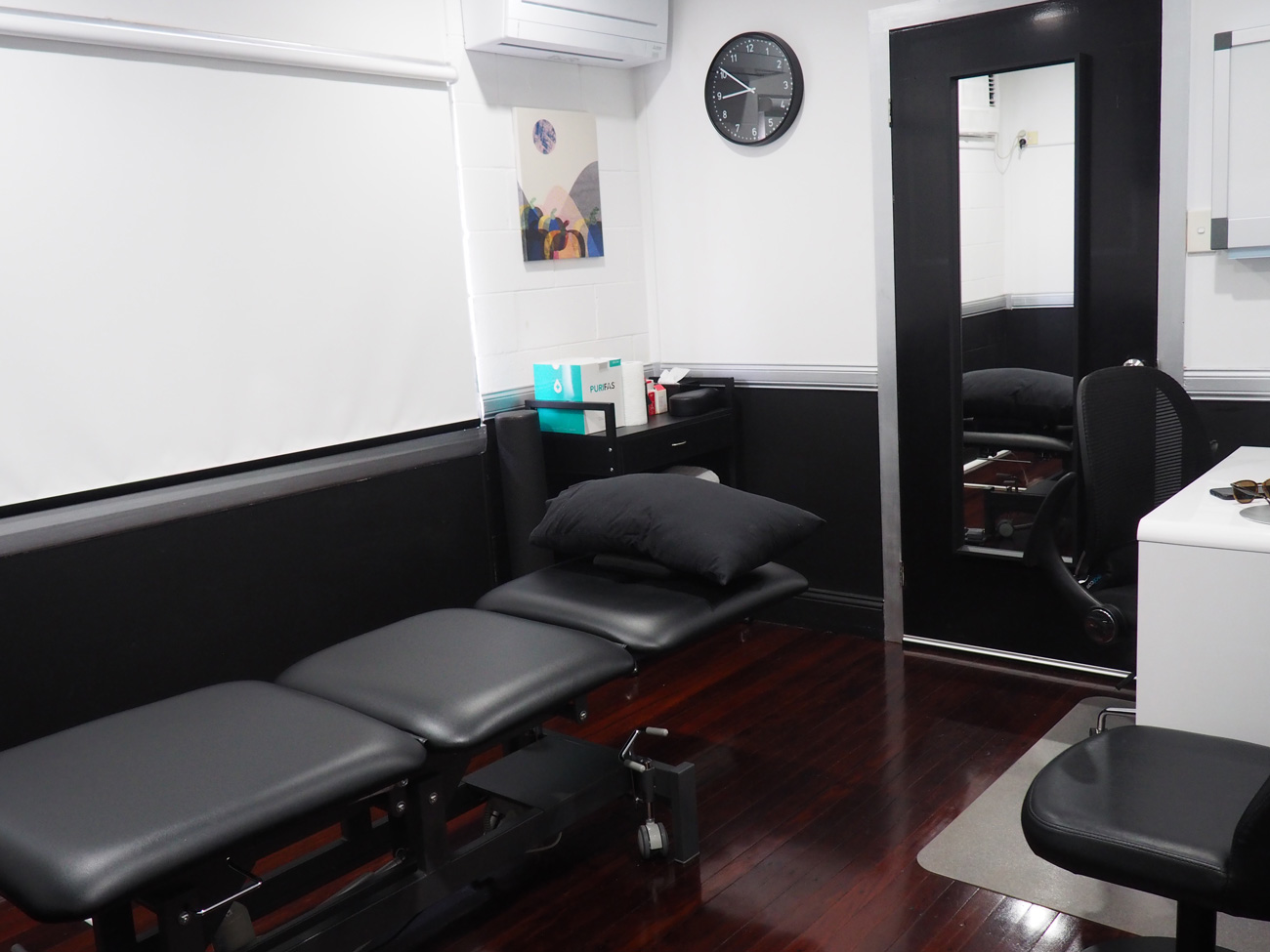
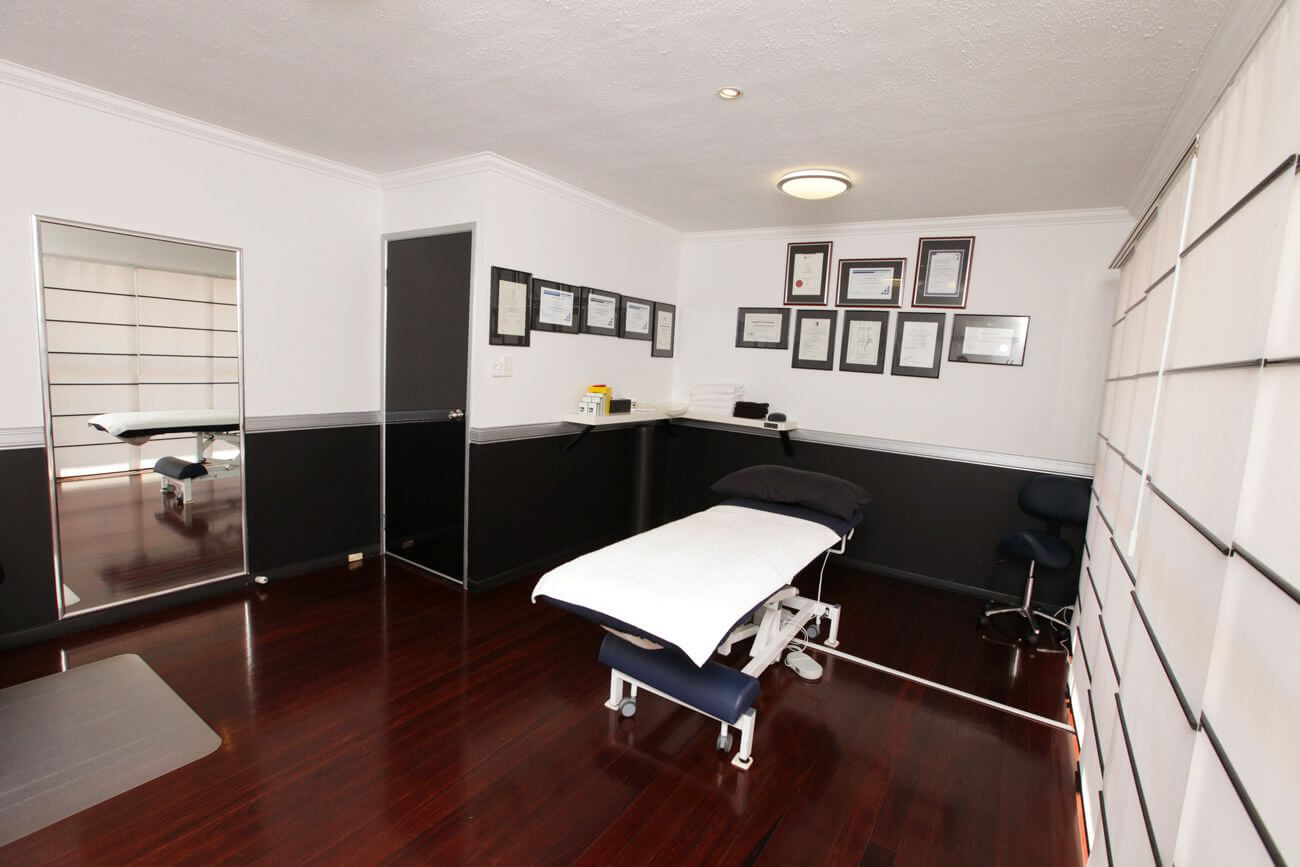
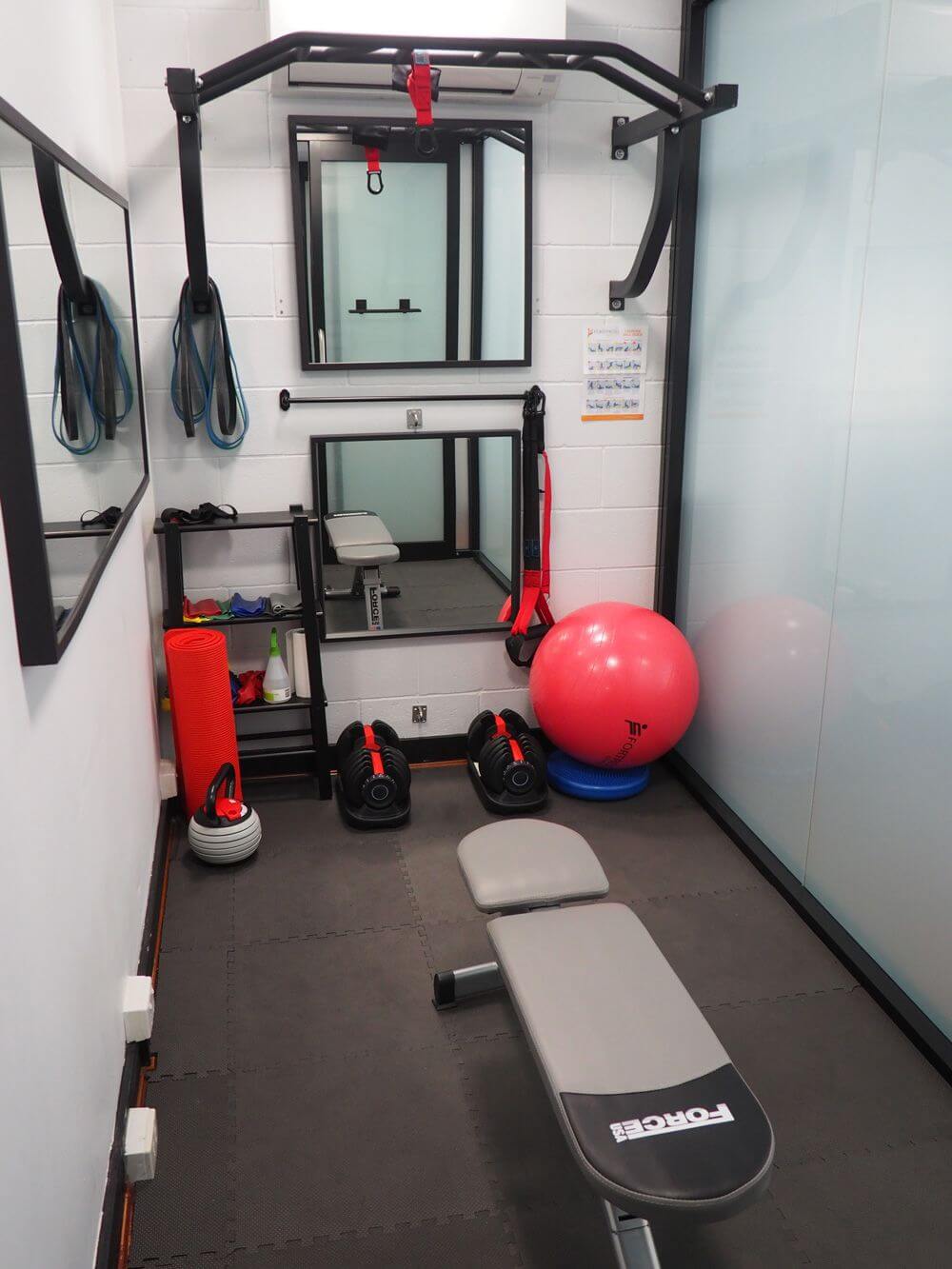
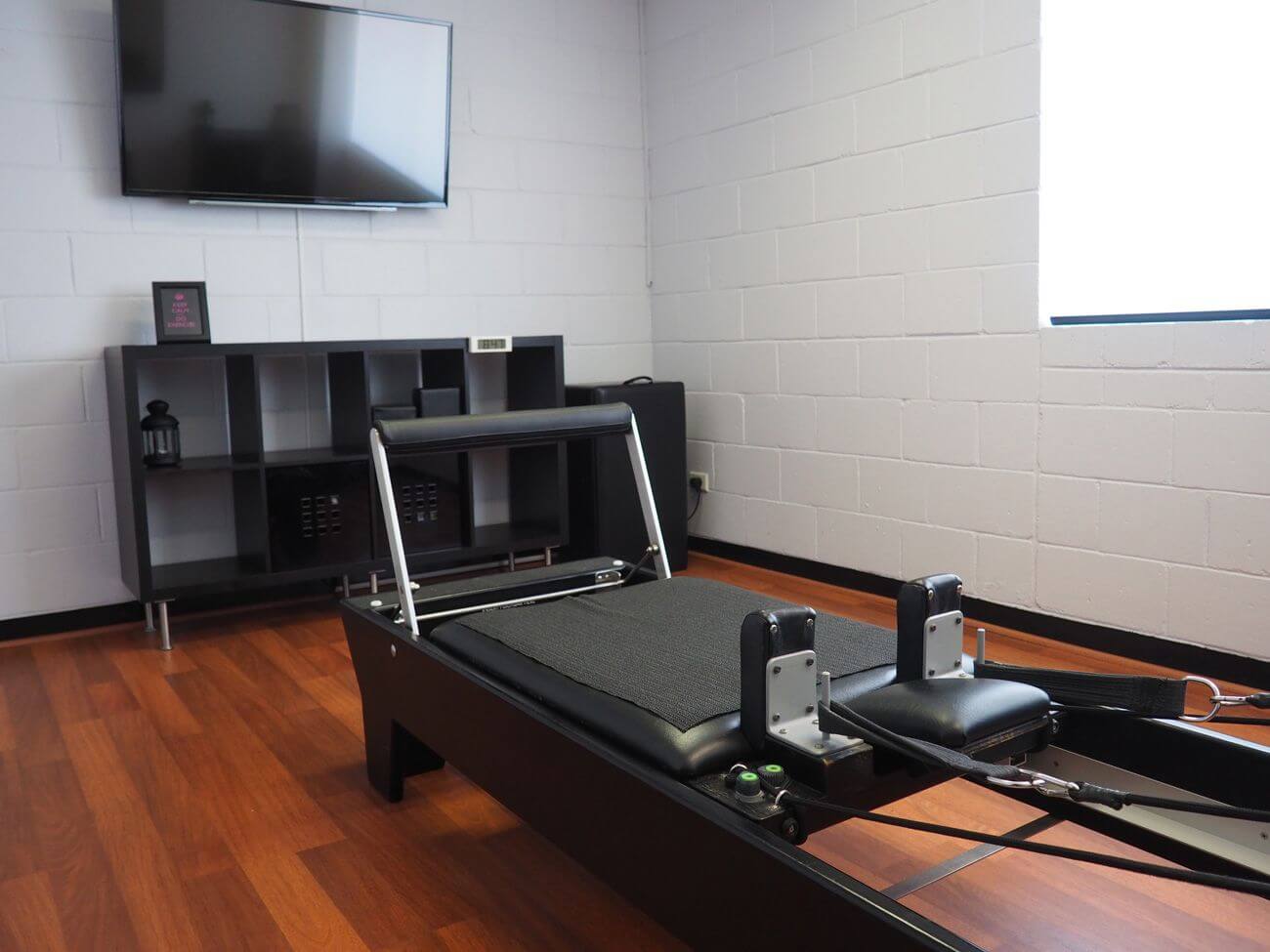
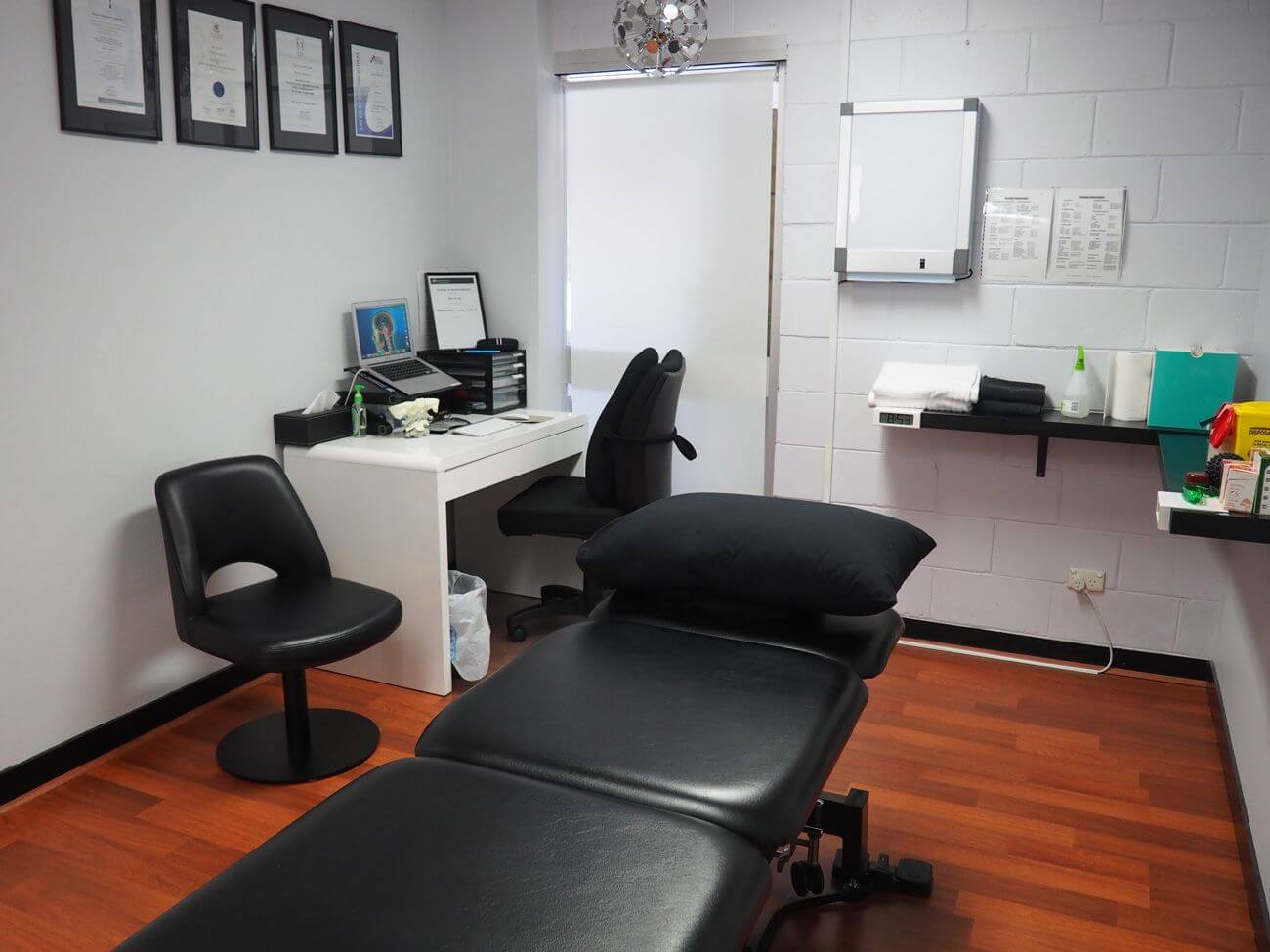
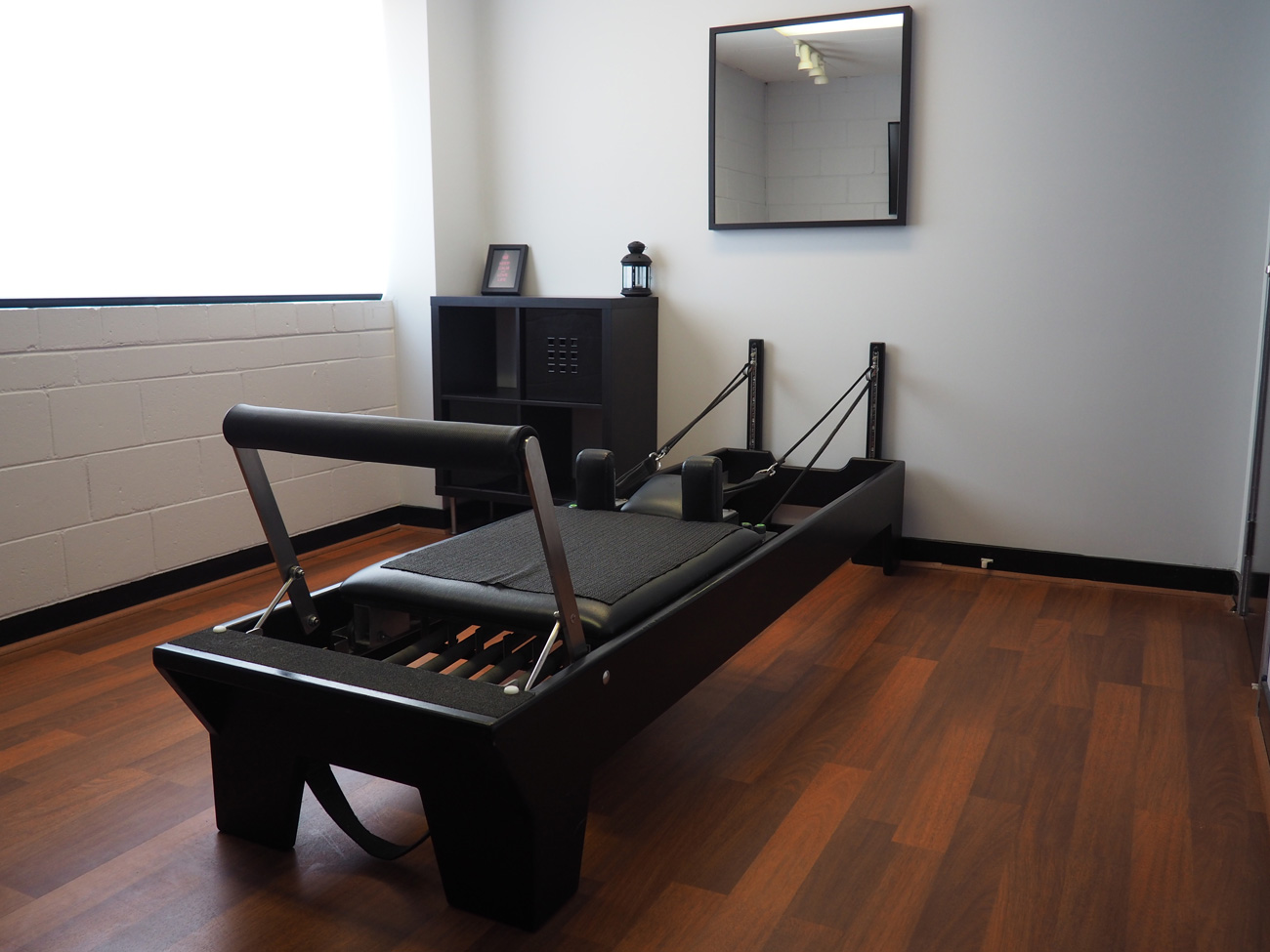
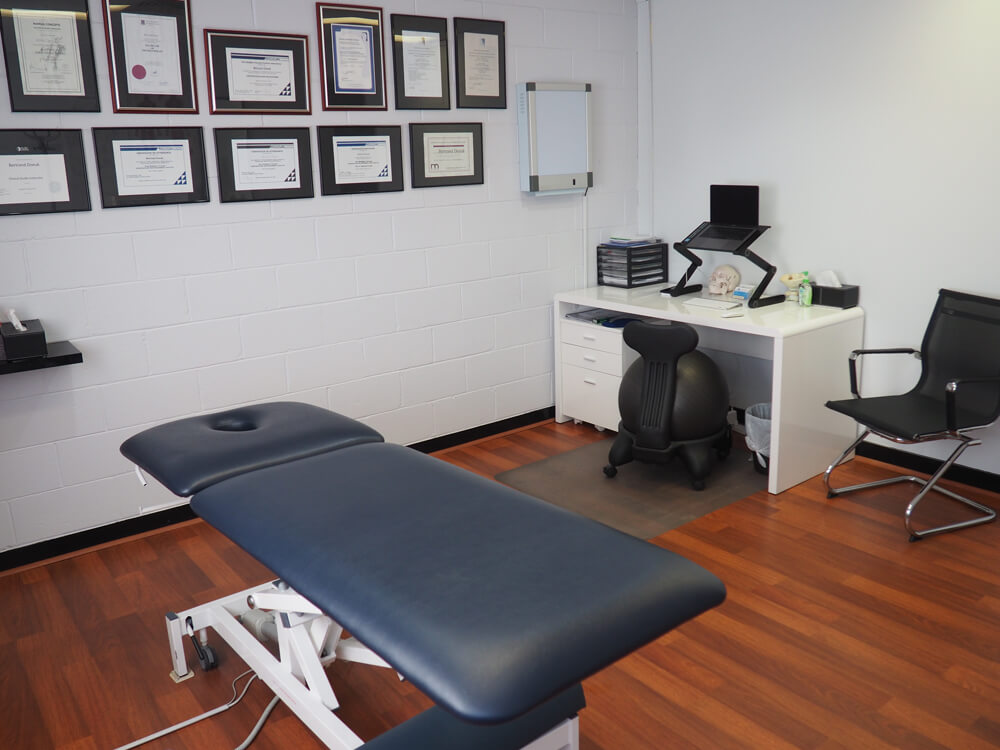
Sports Physio Brisbane, Gold Coast & Sydney - FAQ
What’s the difference between an Exercise Physiologist and a Sports Physiotherapist?
A simple and short explanation is that Exercise Physiology practices help to improve the health of a patient by providing “hands off”, or active treatments, through a clinical exercise program. A sports physio provides “hands on”, or passive treatment, (joint manipulation, massage, acupuncture etc) as well as prescribing specific exercise programs.
I've just had surgery, can you help?
Typically, yes. Depending on the surgery, physiotherapists are usually in a great position to assist you in returning to your normal life and beyond post surgery. If the surgery is of a musculoskeletal nature (if you’ve been treated by an orthopaedic surgeon, for example), physios can work with you to restore function and reduce pain to get you back to your old self as quickly as possible. Our sports physiotherapists can also work closely with other sports physicians in your local area in order to get you back into playing the sport that you love.
How can clinical Pilates help my body?
Clinical Pilates can be used for rehabilitation purposes to treat and prevent injuries. Once an issue with the body is identified, specific Pilates exercises can be prescribed to restore range of motion to joints, strengthen or loosen weak or tight muscles, enhance motor control and improve coordination of the whole body. Pilates can be effective for children, adolescents, the elderly and elite and recreational athletes.
Is going to the gym and lifting weights safe for my body?
We often advise patients to attend the gym in order to stress particular regions of the body with weights in order to further develop muscle strength, increase bone density and improve motor control of the body.
So long as there is no underlying issue that would prevent a patient from attending the gym, and the patient understands how to perform the exercise safely and correctly, it is safe to attend the gym. If any of these factors are not met, it is not safe to attend the gym and lift weights.
Is it normal to feel pain after exercising?
It is not normal to feel pain after exercising. If pain persists, we would advise that you stop or modify the exercise you are performing.
It is however normal to feel DOMS (Delayed Onset Muscle Soreness) which is usually felt 1 or 2 days after exercising. DOMS usually occur due to small-scale damage (microtrauma) to the muscle fibres. DOMS is only felt temporarily and the discomfort is felt along the muscles that were worked on.
